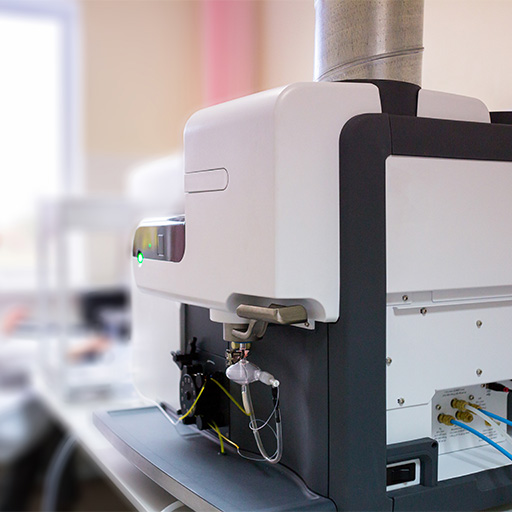
Analytical Instrumentation
The Analytical Instrumentation course covers principles, installation, calibration, and maintenance of conductivity probes, and methods of stack gas monitoring. The online course includes how to install, calibrate, and maintain pH and ORP measurement instruments and operation, installation, calibration, and maintenance of several optical analyzers. Discusses principles and safe practices governing sensors used in measuring oxygen, carbon monoxide, carbon dioxide, and other products of combustion. Concludes with operation, calibration, and system components in liquid and gas chromatography. This course has no prerequisites. Analytical Instrumentation is available in online maintenance training and course manual formats.
Lesson 1 - Measuring Conductivity
Topics:
Ion concentration; Conductivity probes; Probe, liquid standard, and wire loop calibration; Grab samples; Stack gas analyzers; Maintenance
Learning Objectives:
– Define conductivity and discuss the basic principles governing conductivity.
– Compare the operation of electrode probes and inductive probes.
– Describe two procedures for calibrating conductivity probes.
– Discuss proper installation and maintenance practices for conductivity probes.
– Discuss the operation of stack gas analyzers.
Lesson 2 - Measuring pH and ORP
Topics:
Temperature and pH; pH and ORP reference and measurement electrodes; Calibration; Probe installation, mounts, and maintenance
Learning Objectives:
– Describe pH and ORP measurement processes.
– Describe the instruments used for the measurement of pH and ORP.
– Discuss calibration procedures for pH and ORP measurement instruments.
– Discuss general installation and maintenance procedures for pH and ORP measurement instruments.
Lesson 3 - Optical Measurements
Topics:
Transmission-type analyzers; Turbidimeter; Nephelometers; Refractometers; Capacity analyzers; Calibration, installation, and maintenance
Learning Objectives:
– Describe the components that make up an optical analyzer.
– Discuss the basic operating procedures of silica ion and COD optical analyzers, turbidimeters and nephelometers, refractometers, and capacity
analyzers.
– Compare procedures for calibrating an optical analyzer with standards, with grab samples, and electronically.
– Discuss installation considerations and basic maintenance procedures for an optical analyzer.
Lesson 4 - Measuring Products of Combustion
Topics:
Gas, oxygen, carbon dioxide, and carbon monoxide sensors; Calibration; Maintenance
Learning Objectives:
– Identify the main components in the combustion process.
– Describe the various kinds of instruments used for measuring the products of combustion.
– Discuss the principles of operation of instruments that measure the products of combustion.
– Describe the basic maintenance procedures for instruments that measure the products of combustion.
– Discuss the various sampling techniques for measuring the products of combustion.
Lesson 5 - Chromatography
Topics:
Chromatograph operation; Gas and liquid chromatography; System valves; Detectors; Chromatograms; Calibration and maintenance
Learning Objectives:
– Discuss the principles of chromatograph operation.
– Describe four kinds of detectors used with chromatographs.
– Describe four kinds of liquid chromatographs.
– Explain how to read a chromatogram.
– Discuss chromatograph calibration techniques and identify variables that can affect chromatograph accuracy.
– Discuss chromatograph maintenance considerations.
